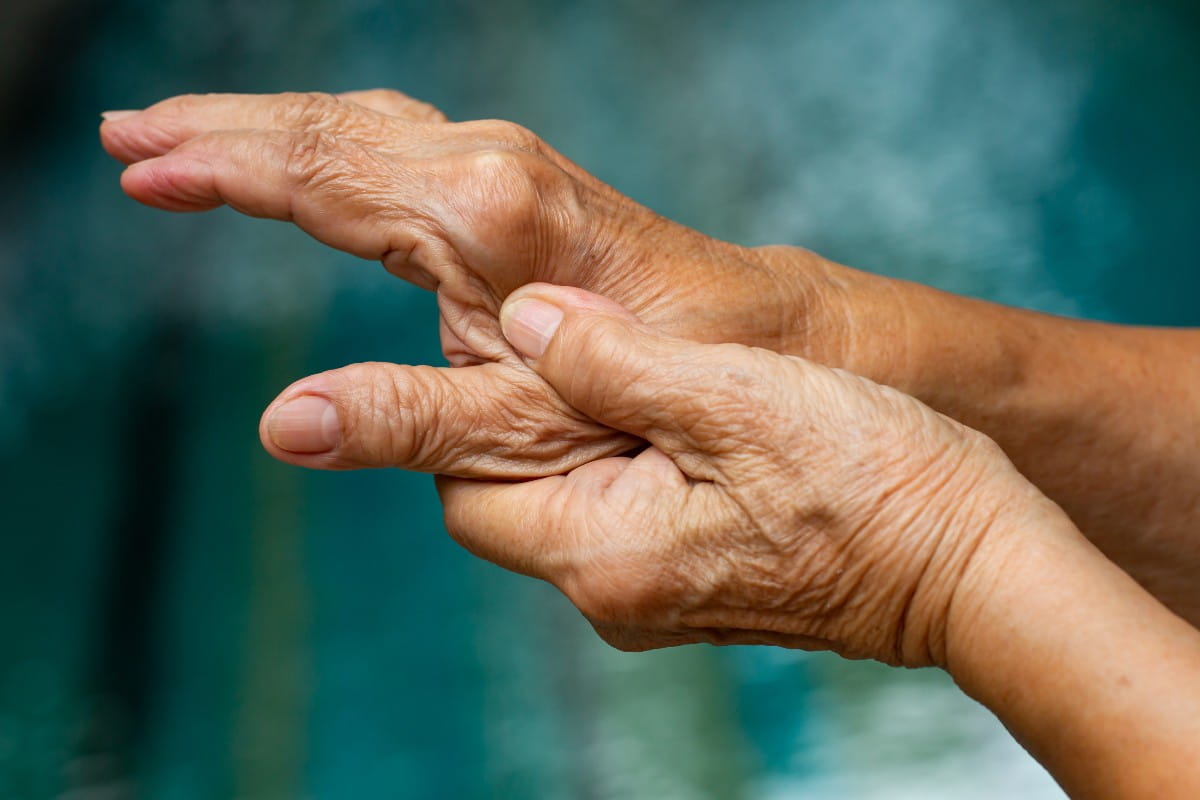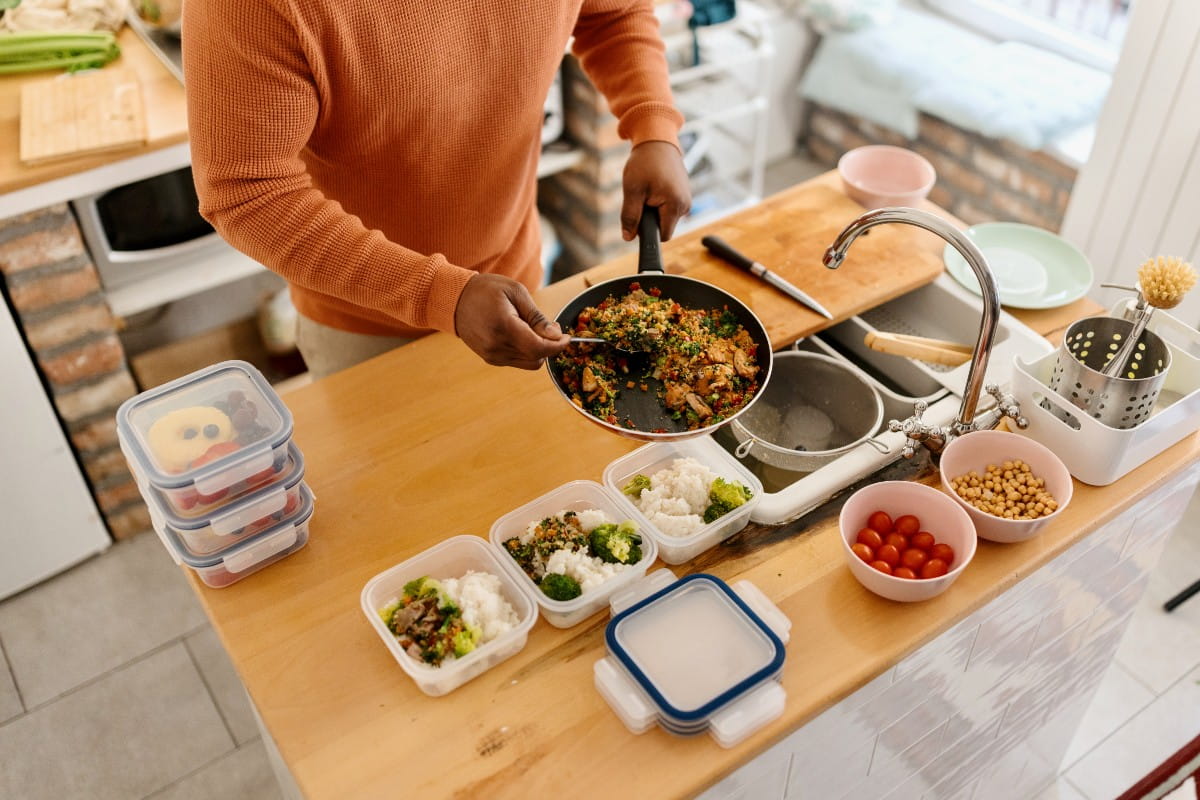You’ve probably watched the news and heard that in addition to COVID-19, public health officials are concerned about Monkeypox and how to prevent its spread. What is monkeypox, and what should you know about it?
Monkeypox is a rare disease caused by infection with the monkeypox virus. Monkeypox virus is in the same virus family as variola virus, which is the virus that also causes smallpox. However, Monkeypox is not related to chickenpox, despite what some people may think.
“CDC is currently working with health experts to identify people who may have been in contact with others who have tested positive for monkeypox, so they can manage their health proactively,” says Cindy Williams Chief Pharmacy Officer for Riverside Health.
What Are the Symptoms of Monkeypox?
Monkeypox symptoms may start 5 to 21 days after a person has been exposed. The time between when you're exposed and when you have symptoms is called the incubation period. According to CDC, monkeypox symptoms include the following:
- Fever
- Headache
- Muscle aches and backache
- Swollen lymph nodes
- Chills
- Exhaustion
- A rash that looks like pimples or blisters. The rash can appear on the face, inside the mouth, and on other parts of the body, such as the hands, feet, chest, genitals, or anus.
The rash can appear at various stages of the illness before it fully heals. You might get a rash first, followed by other symptoms, while others may only get a rash.
How Does Monkeypox Spread?
According to CDC, Monkeypox spreads in a few different ways. The virus can spread from person-to-person through:
- Having direct contact with the infectious rash, scabs, or body fluids
- Respiratory secretions during long, face-to-face contact, or during intimate physical contact, such as kissing, cuddling, or sex
- Touching items such as clothing or linens that previously had contact with the infectious rash or body fluids
It’s important to note that pregnant women can also spread the virus to their fetus through the placenta. It’s also possible for people to get monkeypox from infected animals. This can happen due to being scratched or bitten by the animal, or by preparing or eating meat from an infected animal.
Who Is at High Risk for Monkeypox?
People who have the highest risk for monkeypox include:
- People who live with or have close contact (including sexual contact) with someone who has monkeypox, or who has regular contact with animals who could be infected, are most at risk.
- Health workers should also follow infection prevention and control measures to protect themselves while caring for people who have monkeypox.
How Is Monkeypox Treated?
Currently, there are no specific treatments for monkeypox virus infections. However, monkeypox and smallpox viruses are similar in a genetic sense, which means that antiviral drugs and vaccines developed to protect against smallpox may be used to prevent and treat monkeypox virus infections.
Antivirals medication, such as tecovirimat (TPOXX), may be recommended for people who are more likely to get severely ill, such as patients with weakened immune systems.
What Should I Do If I Think I Have Monkeypox?
If you believe that you have symptoms of monkeypox, talk to your doctor, even if you don’t think you had contact with someone who has monkeypox. It’s important not to spread Monkeypox, so you’ll want to find out if you have it as soon as possible. Before presenting to your health care provider office, notify them of your potential symptoms of monkeypox. If you need to find a Riverside Primary Care provider, Riverside's Find a Doctor tool can help.
How Can Monkeypox Be Prevented?
CDC reports the following steps to prevent getting monkeypox:
- Avoid close, skin-to-skin contact with people who have a rash that looks like monkeypox.
- Don’t touch the rash or scabs of a person who has monkeypox.
- Don’t kiss, hug, cuddle, or engage in sexual activities with someone who has monkeypox.
- Avoid sharing food or using utensils or cups with a person who has monkeypox.
- Don’t touch or handle any items from a person who has monkeypox. This includes bedding, towels, or clothing of a person with monkeypox.
- Wash your hands often with soap and water or use an alcohol-based hand sanitizer.
- In Central and West Africa, stay away from animals that spread monkeypox virus, like rodents and primates. Also, avoid sick or dead animals, as well as bedding or other materials they have touched.
“If you are sick with monkeypox, stay at home and isolate. Also, if you have a rash or other symptoms, stay in an area away from people or pets you live with,” says Cindy.
Two vaccines licensed by the U.S. Food and Drug Administration (FDA) are available for preventing monkeypox infection. The vaccines are known as Imvamune or Imvanex. At this point, there is not the recommendation that the general population be vaccinated for monkeypox. Vaccines will be offered as post-exposure prophylaxis to those that have come in contact with an individual infected with monkeypox or other select populations at high risk. In Virginia, all monkeypox vaccines are being coordinated through Virginia Department of Health. For post-exposure, vaccination should ideally occur within 4 days of exposure.



